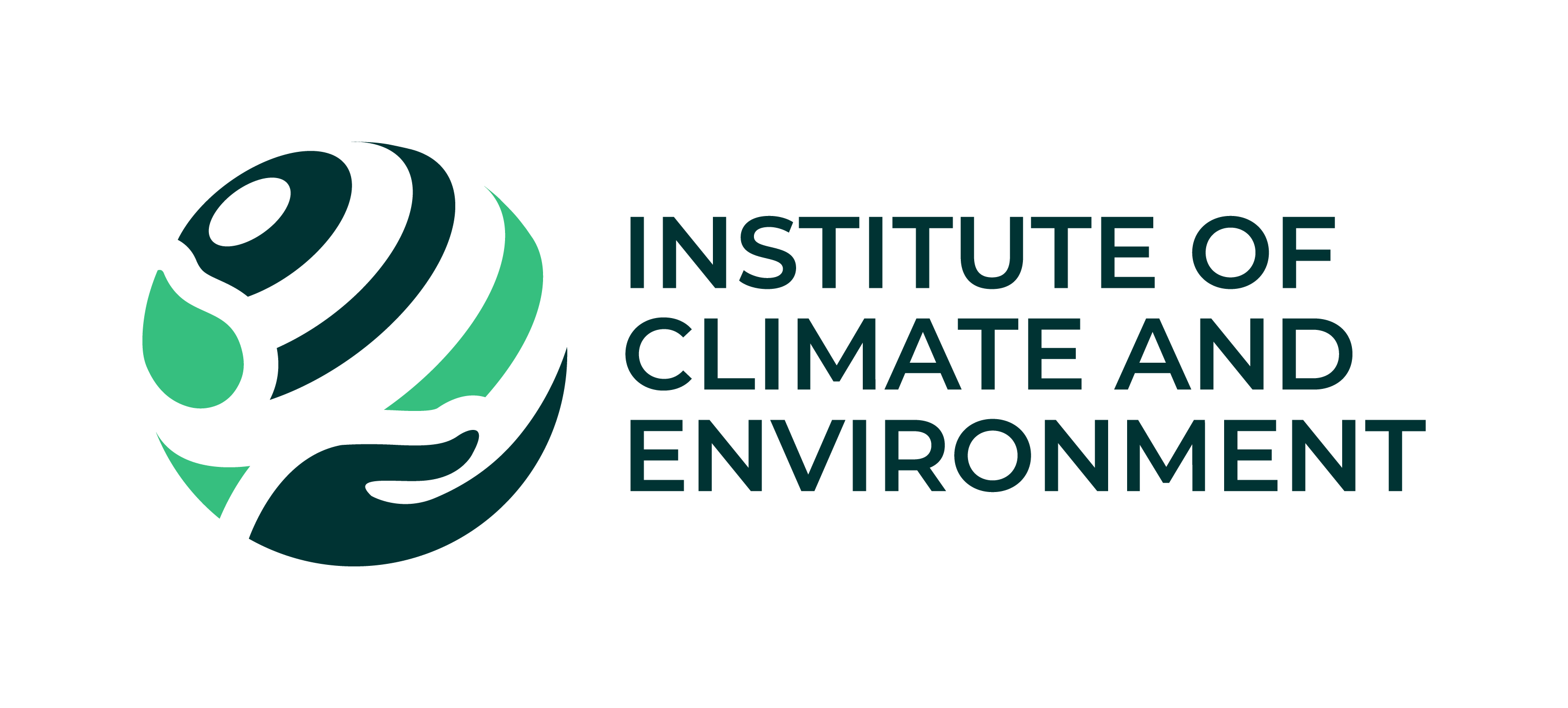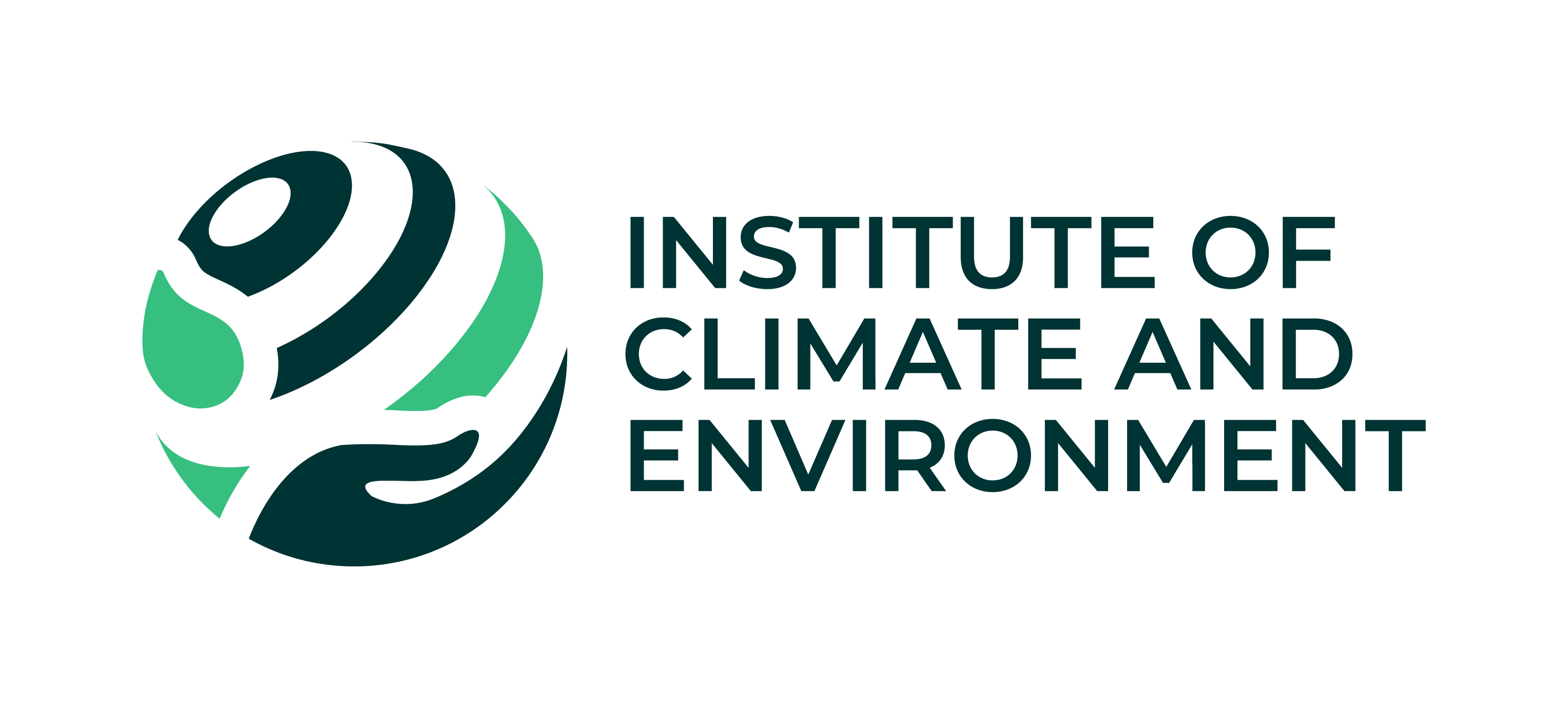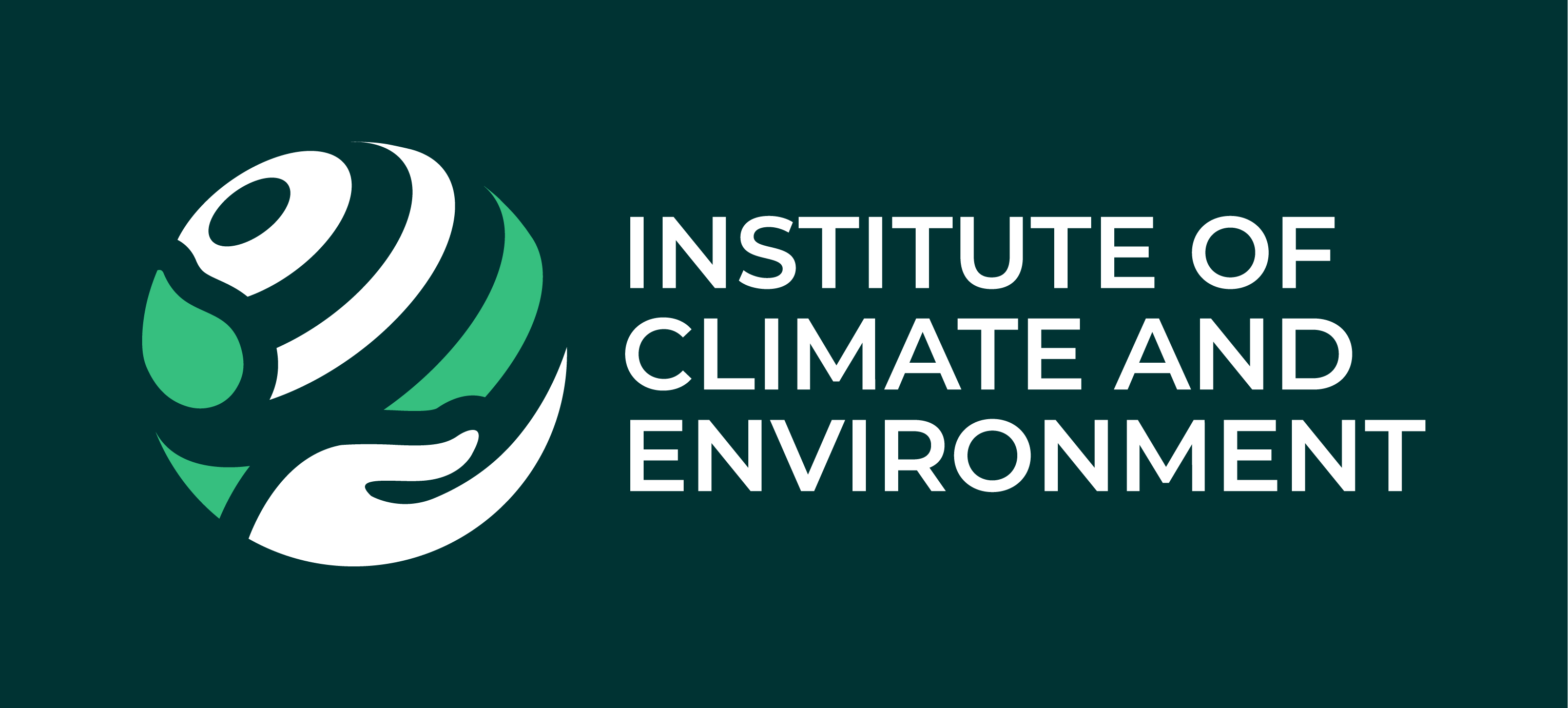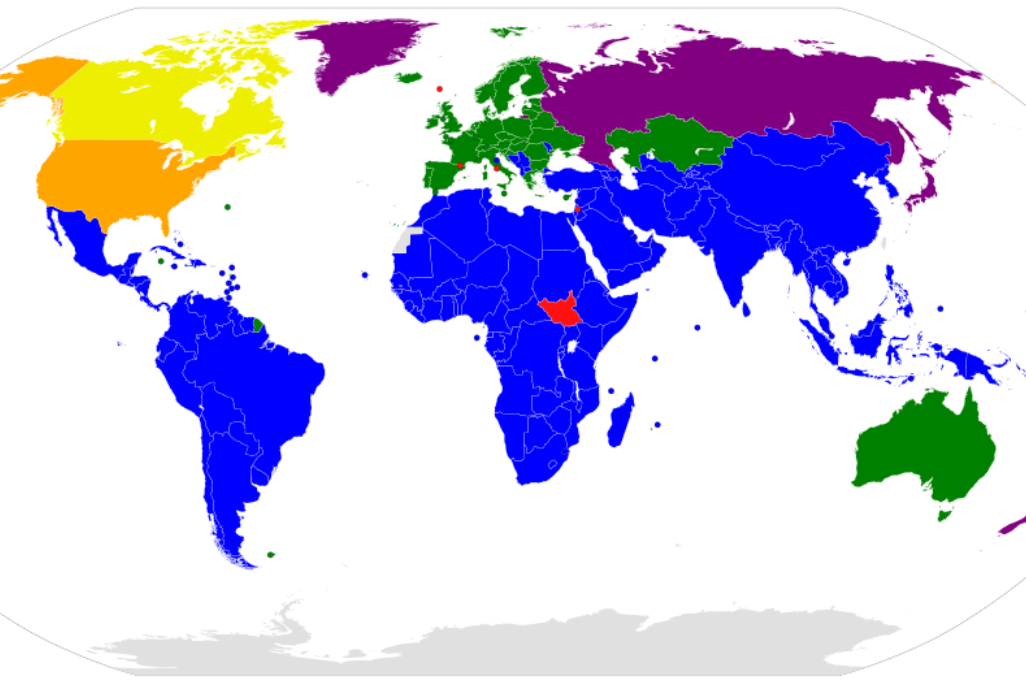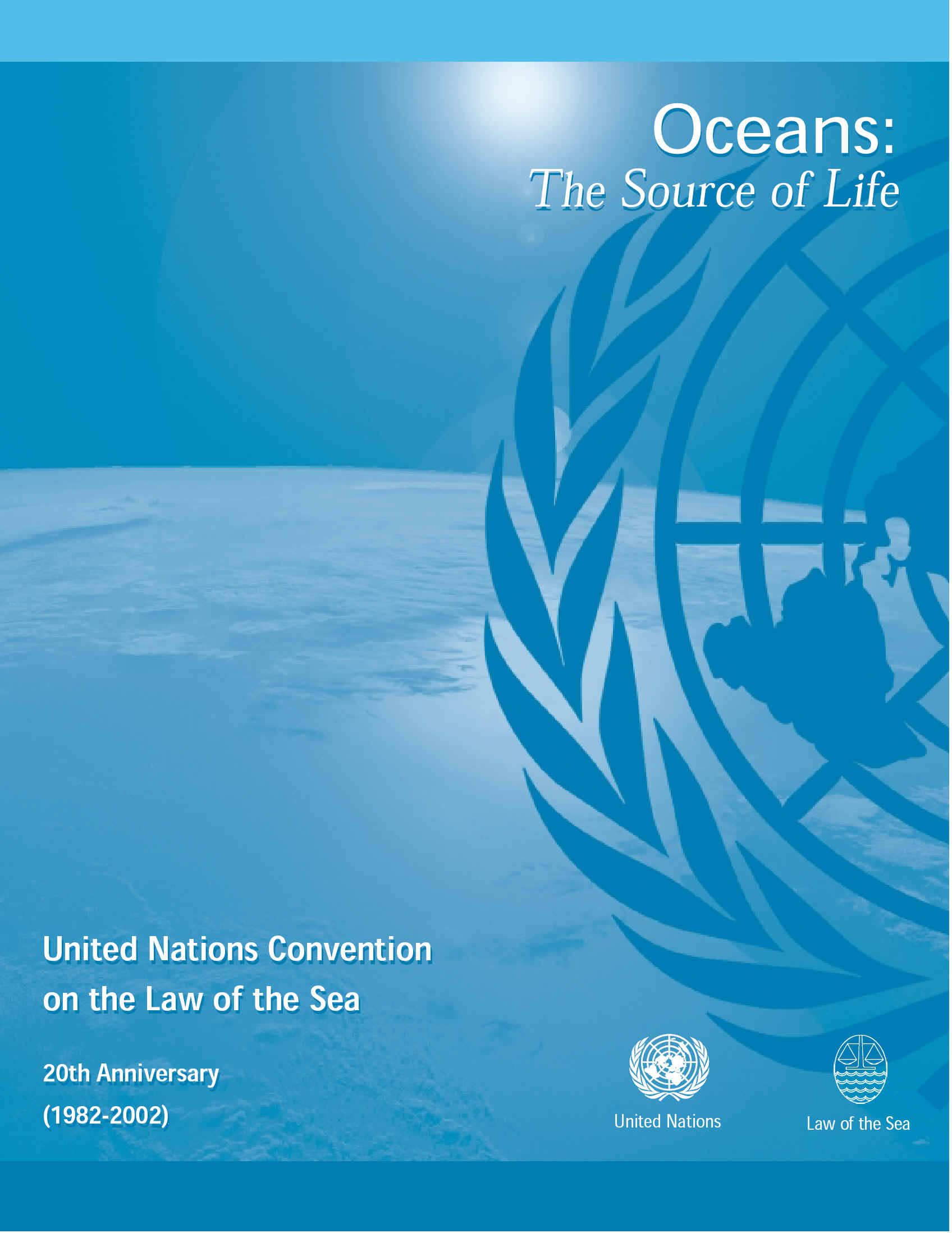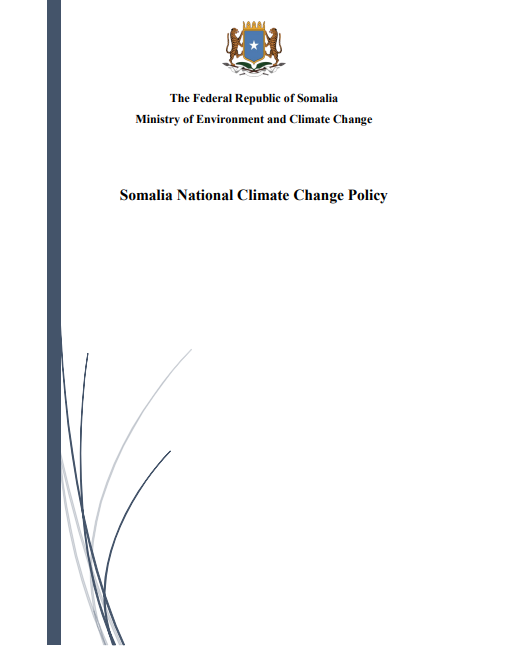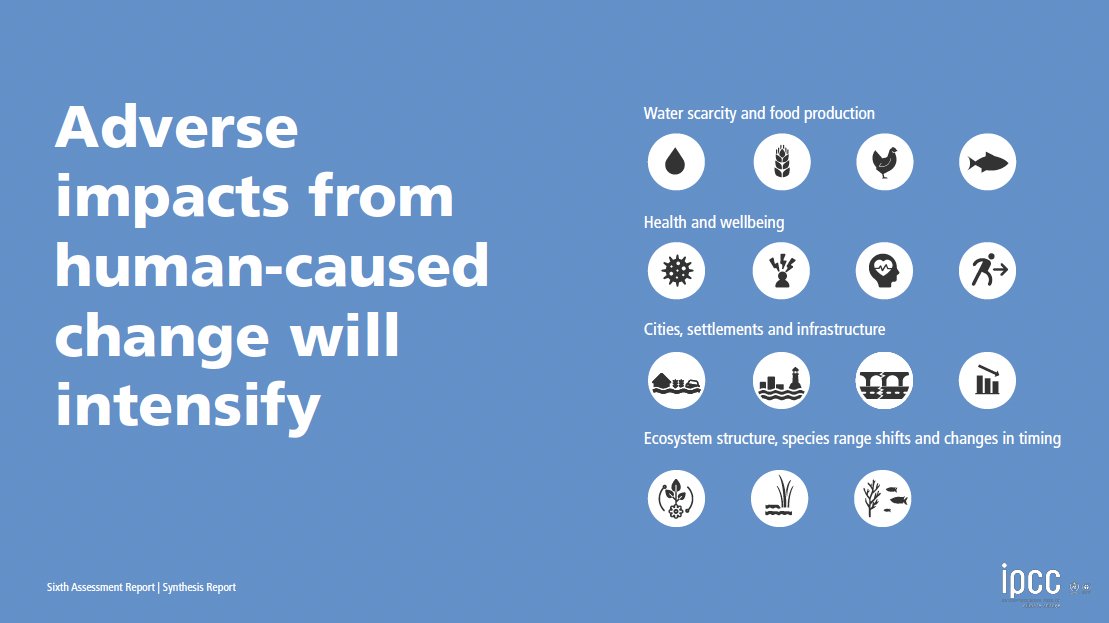
IPCC: The sixth assessment Synthesis Report
The IPPC produced the sixth assessment report (AR6) on the current state of climate change, its impact and ways forward to tackle the crisis. Here is a summary of the IPCC Sixth Assessment Report (AR6) Synthesis Report:
1. The report states that human influence has warmed the climate at a rate that is unprecedented in at least the last 2,000 years. This has led to widespread and rapid changes in the Earth’s climate system, including rising temperatures, sea level rise, and more frequent and intense extreme weather events.
2. The report highlights the significant risks and impacts that climate change poses to human societies and ecosystems. These include food and water security, human health, biodiversity loss, and economic and social disruptions.
3. The report emphasizes the urgent need for immediate and ambitious action to reduce greenhouse gas emissions and limit global warming to well below 2°C above pre-industrial levels, and preferably to 1.5°C. This will require rapid and far-reaching transitions in energy, land use, infrastructure, and other systems.
4. The report also highlights the importance of adaptation measures to address the impacts of climate change that are already occurring or are unavoidable in the near future.
5. The report underscores the need for international cooperation and collaboration to address the global challenge of climate change, including through enhanced climate governance and finance.
Finally, the IPCC (Intergovernmental Panel on Climate Change) is a United Nations body that was established in 1988 to provide scientific assessments of the state of knowledge on climate change. The IPCC operates under the auspices of the United Nations Framework Convention on Climate Change (UNFCCC) and is jointly sponsored by the World Meteorological Organization (WMO) and the United Nations Environment Programme (UNEP). The IPCC AR6 Synthesis Report summary provides a comprehensive and urgent call to action for individuals, governments, businesses, and civil society to take bold and decisive steps to address the climate crisis and protect the planet and its people. he IPCC’s assessment reports are widely regarded as the most authoritative and comprehensive assessments of the state of knowledge on climate change.
